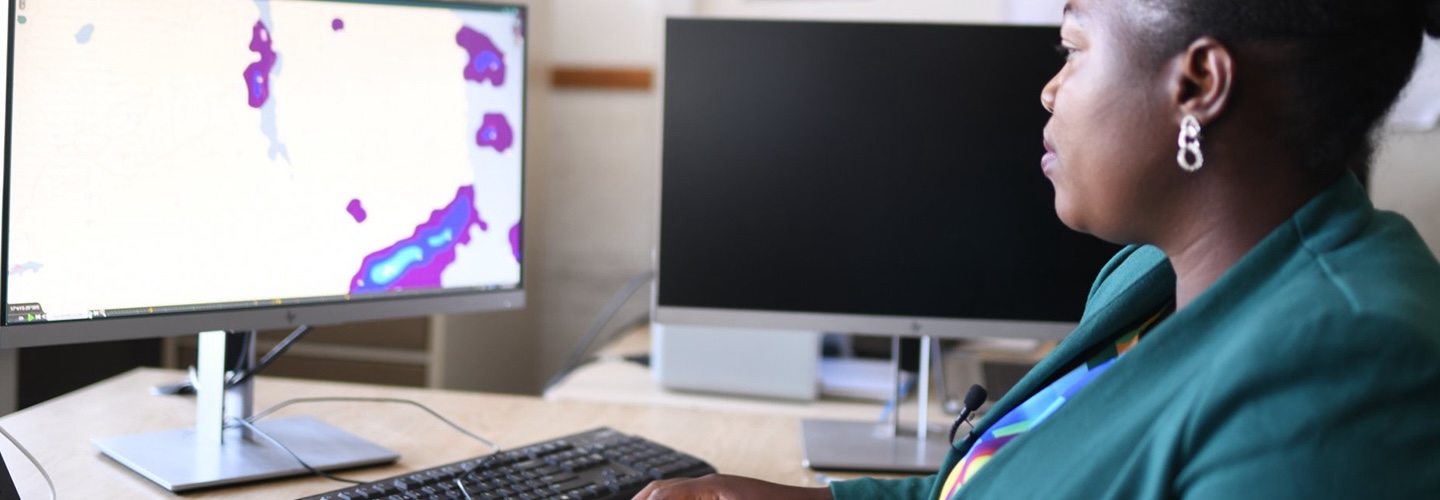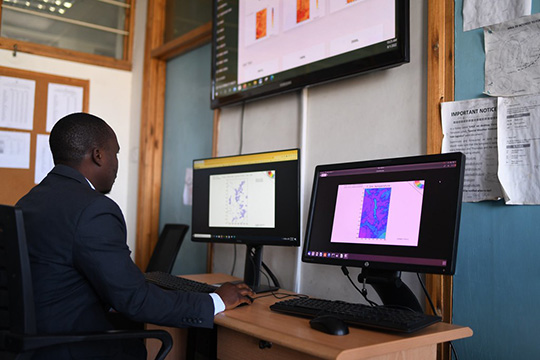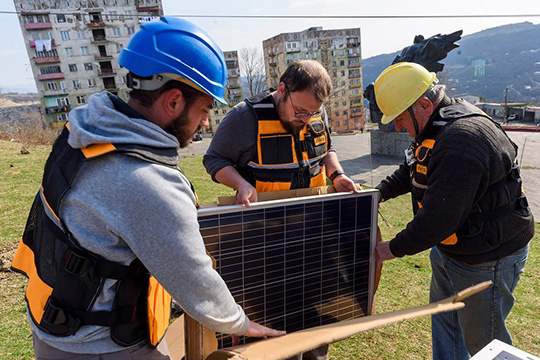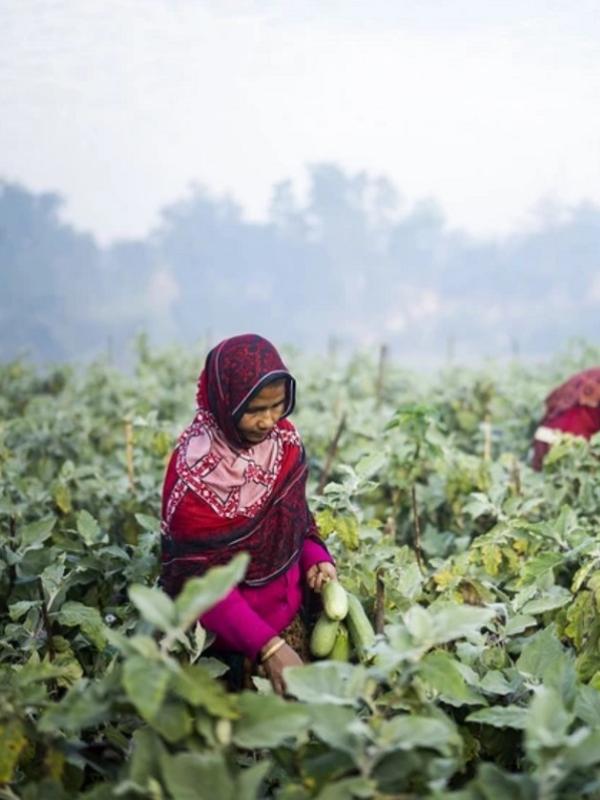Early warning systems play a key role in protecting lives, livelihoods and advancing sustainable development by enhancing timely evidence-based decision-making in the face of a rapidly changing climate.
Adopting a whole-of-government approach, UNDP’s main areas of work in this service area include reducing reliance on one type of technology or communication network, developing shared databases, involving communities in product design, information sharing within and between countries, development of climate information infrastructure, climate information dissemination and value chain development, capacity building for modelling and forecasting, use of alternative technologies, private sector engagement and digitization.
Notable partnerships include the Risk-informed Early Action Partnership (REAP); Alliance for Hydromet Development and the Systematic Observations Financing Facility.
Partnerships
Launched at the UN Climate Action Summit in September 2019, and hosted by the International Federation of Red Cross and Red Crescent Societies (IFRC), the REAP brings together an unprecedented range of stakeholders across the climate, humanitarian, and development communities with the aim of making 1 billion people safer from disaster by 2025.

















